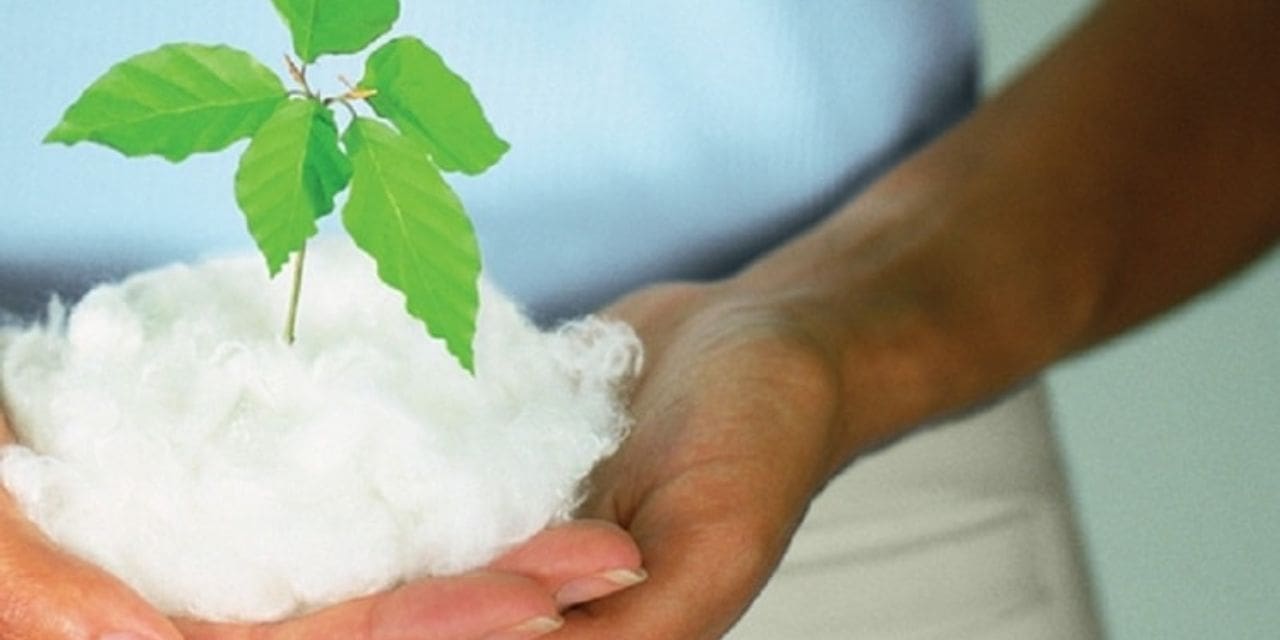Plastics have infiltrated our lives, and while they are useful for packaging and transportation, they are extremely toxic and harmful to the environment. Many of our personal hygiene products contain plastic, with sanitary pads being one of the most prominent examples. In fact, many manufacturers’ unique selling point is the ‘plastic shield,’ which prevents moisture and blood from passing through.
Menstruation, which was previously taboo in Indian culture, has undergone a paradigm shift in recent years. Most women in India manage their periods with disposable pads or traditional pieces of fabric. The government has been actively encouraging women to use disposable pads over the past ten years, promoting them as the only hygienic method of menstrual management. They did this to persuade women to stop wearing the piece of fabric as it creates a huge health risk if an uncleaned cloth is reused as it could lead to several infections. According to the National Family Health Survey, about 50% of women in the 15–24 age range still use fabric during their periods.
Are non-biodegradable sanitary pads the solution? The Indian government conducted a recent survey that found that 121 million women in the nation use sanitary napkins. Multiplying that number by eight pads every cycle results in 1 billion pads per month and an astounding 12 billion pads annually, each of which takes hundreds of years to degrade. In the nation and around the world, the disposal of these plastic napkins had become a major issue. However, manufacturers are now developing sustainable sanitary products that can protect the environment.
Sanitary napkins are frequently dumped as waste into ponds, rivers, and lakes, contaminating the water and the species that live there. They are also frequently dumped outdoors, clogging drains and degrading the soil. While sanitary pads’ plastic does not break down quickly, menstrual waste, which consists of blood and bodily fluids, is another type of pollution that can result in fatal illnesses. Rag pickers frequently handle these hygienic items with their bare hands and risk getting HIV if the blood is from an HIV-positive individual. Pathogens can be gathered from the blood on the pads, and if the water pipes are not adequately insulated, they can not only contaminate the soil but also the water supplies in the cities and villages.
Role of viscose in creating sustainable sanitary pads:
Paying attention to feminine hygiene is of utmost importance for women. Personal hygiene practices for women do not come without its challenges as the waste. The waste generated by the sanitary napkins and tampons comprises millions of tons and could be potentially avoidable waste if we have a layer by layer approach to make a fully biodegradable sanitary napkin.
Viscose, a semi-synthetic type of rayon fabric made from wood pulp that is used as a silk substitute, as it has a similar drape and smooth feel to the luxury material. The term “viscose” refers specifically to the solution of wood pulp that is turned into the fabric. Sustainable Viscose fibre, with engineered hydrophobicity specially crafted for making sustainable feminine hygiene products like sanitary pads. It helps in overcoming the plastics challenge faced due to global consumption of plastic based single use sanitary pads.
Aspiring intimate hygiene brands are now on a mission to bring positive change in women’s health and hygiene through plastic-free natural sanitary pads at affordable cost and to reduce / eliminate the plastic waste from earth by educating girls / women to switch to natural and sustainable sanitary pads.
With concerns about climate change intensifying globally, now is the time to emphasize on the importance of menstrual products that are environment friendly. We as a community need to ensure that along with making menstruation a comfortable phase of life for women of the country, we must push for the awareness and adoption of ‘green’ products to usher a sustainable menstrual ecosystem in India.
AUTHORS:
Mr Rahul Bansal, AVP, Birla Cellulose

